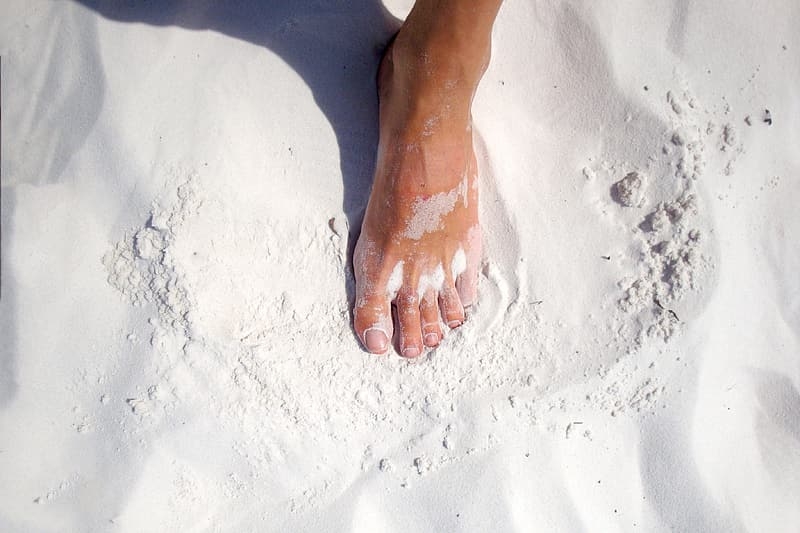YOUR PHYSIO
Condition directory
Morton's Neuroma

Morton’s neuroma is a condition where a nerve (the plantar interdigital nerve) in your foot is irritated or thickened. This is a nerve the passes between the bones of your foot. This most commonly involves your second, third or fourth toes. It is usually diagnosed between 40-60 years of age and more common in women than men.
It is often made more painful by wearing tight footwear that can increase pressure around the nerve. Other contributing factors can be repetitive heavy impact on the feet.
The main symptoms of Morton’s Neuroma are:
- A shooting, stabbing or burning pain in the forefoot
- Feeling like a small stone is stuck under your foot
- Local tingling and numbness
- Pain exacerbated by increased activity such as walking or certain footwear (tight, pointy or high heeled shoes)
Self Help
The following modifications may help your symptoms to settle:
- Wear wide, comfortable shoes with a low heel and soft sole and avoid tight, pointy or high heeled shoes
- Temporarily reducing or modifying activities that reproduce your symptoms may help the symptoms settle. E.g. if you notice your symptoms are worse when running, try reducing the amount you do for a short period
- Weight loss – reducing you weight will reduce the amount of pressure through your foot. Further information can be found here
Further Treatment
Other treatments include:
- If the above footwear advice doesn’t ease symptoms, a “metatarsal pad” (available over-the-counter) may reduce pressure on the nerve
- Non-steroidal anti-inflammatories can be considered if necessary - Please check with a pharmacist or your GP if this medication is appropriate for you.
If you are struggling to return to your normal activity levels or your foot is not settling, ask your GP for a referral to podiatry. If your symptoms persist after podiatry, your GP can refer you to the Musculoskeletal Service for further management.
Please Note: If you have diabetes and are experiencing a new onset of pain or sensation change in your feet we advise you see your diabetic nurse or GP in the first instance prior to referral to the Musculoskeletal Service.